On Queer Re-enactment, I
On May 10, 2013, I spoke on a panel at the New Museum with Holly Hughes, Cynthia Carr, Emily Roysdon and Malik Gaines, organized by Travis Chamberlain, on the subject of “Queer Re-enactment.” Here are my notes.
to reenact is to perform again. in some performance art the idea of “performing again” may seem a transgression. hence, anxiety around the notion of “reperformance,” or, perhaps more shockingly, “rehearsal.” in the performing arts, this “performing again” is called a repertoire. my first piece in grad school. a video of an actor performing the opening scene from Christopher Marlowe’s 16th Century play Edward the 2nd.
My father is deceast, come Gaveston,’
‘And share the kingdom with thy deerest friend.’
Ah words that make me surfet with delight:
What greater blisse can hap to Gaveston,
Then live and be the favorit of a king?
Sweete prince I come, these these thy amorous lines,
Might have enforst me to have swum from France,
And like Leander gaspt upon the sande,
So thou wouldst smile and take me in thy armes.
i was raised in san diego, california, parented in part by late night cable television. this disembodied babysitter weened my brother and me on an unsupervised stream of of sci fi fantasies, set to synthesized music, that expressed – no, induced – anxiety about what i would later know as “the spectacle.” These films recurred in cycles on channels like cinemax, taken together they offered an alienated, mediatized, sexualized and sinister world of deformed mutants, vengeful clones, slick cyborgs, new wave femme fatales, alien media moguls, and movie-maddened maniacs. these films freaked us out, lodging themselves in our minds like a trauma, one we would re-enact with each other in our bedroom after the lights went out. i bought my brother a copy of looker for his birthday this year and when we put it on, we immediately recalled every word of the first scene, where a blond model recites her imperfections to a plastic surgeon, then is shot with a laser and falls out of a window. my brother and i are both gay. we took to camp early.
lately, my brother and i have been collaborating on a series of performances that take place in a california of the future. the advent of human cloning has lead to a regime of hyper conformist homosexual replicants. marriage between the gay clones is mandated by law. organics, as all non-clones are called, are monitored closely – and polyamorous queer dissidents are hunted.
i act as writer, director, producer and sometimes performer in these works. my brother, mateo, provides the music, live DJing his own compositions, soundtracks that recall the movies we grew up with. in the latest installment of the series, The Holo Library, which is performed as a staged reading, actors read from a script projected opposite the stage. The convoluted story imagines a moment in which the screens that inform, entertain, and estrange the people of this future world take on a life of their own.
what are my brother and i doing in these performances if not reenacting – restaging – reliving – the phantasmic, holographic, hallucinatory screen-lives of our childhood, a childhood that predicted much of the screen-based life we would come to know as our cntemporary monet? the mysanthropic sci-fi of the 80s was deeply misogynist, xenophobic, homophobic and archly conservative – with normal humans privileged over all the awesome alternatives they offered. i, personally, would prefer to be almost anything other than the protagonist of bladerunner or videodrome – and this how i knew, in part, i was queer. in these re-imaginings of the mythologies of the 80s that we grew up with, my brother and i are inserting, and asserting, a queer vision of our future.
wu tsang and i went to graduate school together at UCLA. our studios next to each other, both of us studying under the tutelage of mary kelly, we became quite close. both of us performers, both of us interested in pop culture, both of us working collaboratively – but not with each ther. ten years apart, wu is a trans man and i am what mary kelly termed “an old school queer.” when we were nominated for an art matters grant, we used it as an opportunity to fund something we could do together. after a lot of tequila and a lot of dancing and a lot of late nights, we found our mutual crush and our project: Yukio Mishima, the infamous Japanese writer, and decided to adapt one of his novels, Thirst For Love, a doomed love story, a meditation on desire and jealousy, two things you learn a lot about if you drink tequila and hang out in queer clubs late at night. I would act as writer, Wu as director, and we would switch off playing both the rich woman Etsuko, and Saburo, the poor boy who is the object of her obsession. We would also play ourselves. We sequestered ourselves in a Mexico city hotel with a film crew and acted out scenes from the book.
malik gaines and i met in 1991, right out of high school, and we fell in love – with each other’s personalities, bodies and imaginations. we started making below the underground theater in LA soon after, acting out queer versions of TV shows and historical melodramas for audiences of our friends. a few years later, we met jade gordon, an actor, and within minutes, a performance collective called my barbarian was founded. we have been working together for thirteen years now.
within that time my barbarian has taken as its primary strategy the appropriation and re-working of theatrical performance forms, morphing from art band to theater company to super hero team to encounter group to TV show production company to art collective, often renaming the group after the projects, assuming alter egos and group identities. in all cases, these representations of collective, collaborative performance propose and interrogate queer possibilities. two concurrent projects are the post-living ante action theater and the broke peoples baroque peoples theater.
PoLAAT restages leftist theater forms, from brecht’s epic theater to fassbinder’s anti-theater to boal’s theater of the oppressed, engaging pedagogical models, group participation, often taking the social form of the workshop.
The broke baroque ressurects camp classicism – a la Charles Ludlam and Jack Smith – with contemporary detritus of late capitalism, and it’s queer mutations, e.g. rupaul’s drag race, all within the framework of Baroque festive performance.
as a teen, i played dungeons & dragons, a convivial, relational game form based on chance – as in the rolling of oddly shaped dice – and role-play. nerds gravitated toward this pre-virtual RPG, asocial, awkward, but together, at our parents dining room tables, we could collectively imagine another place, ourselves another group – racially diverse band of elves, half-orcs, gnomes and dwarves – of whatever gender we chose. and it wasn’t a coincidence that these gatherings would often end in a slumber party, and that the games themselves took on a queer coloring, if repressed by adolescent anxieties and complicated by the homophobia of the reagan era and the beginnings of AIDS. a storyteller always, i often served as the dungeon master. this game is one of the origins of my own understanding of myself as a person, a queer, and this may be what i am reenacting in making the work that i now think of as art.
i am not interested in artwork that is satisfied to reenact already canonized avant-gardes, using modernism as a camouflage to blend into the artworld. reenactment of this sort interests me less than the queer pleasure and play of acting. and i’m not interested in straight acting either.
Scenes from the Movie
Saint Alexius

Saint Alexis by Jacques Callot 1636
Saint Alexius is the subject of the Baroque opera Il Sant’Alessio commissioned by Maffeo Barberini, a.k.a Pope Urban VIII, in Rome in 1631. The opera, by Stefano Landi and Rospigliosi, tells the story of a 5th Century pilgrim, scion of a wealthy Aventine family, who leaves his wife on their wedding night, to follow god, to become a celebrated visionary in Syria, only to return to Rome, where he is is taken into his father’s home, because he looks so changed that no one, not even his grieving wife and mother, can recognize him, dressed as a pauper, so he lives under the stairs of his family home, while the whole family and servants are looking for him, and the only person who sees him is the devil, il Demonio, who tells him to reveal himslef to his family, and the angels, played by young boys, who tell Alexius that he will be a saint if he just dies under the stairs, which is what he does, only to be discovered by the family, who read a letter crumpled in the corpse’s dead hand, causing a dramatic scene over his dead body, before it is borne away and the personification of Religione leads the angels everyone in a song and the opera ends. Saint Alexius is an Eastern saint who has since been expelled from the Catholic canon.
In the play, there is a lot of high voiced singing. In the Baroque period, the Italian stage did not allow women on stage, so Alexius, his mother, his wife, several of his friends, the nurse and the servant would all have been played by castrati. In recent productions, Il Sant’Alessio was performed with sopranos playing men, or countertenors playing women. Either way, there is some major gayness. The Barberini were a family of powerful cardinals and popes…
So, obviously, Saint Alexius, who was expelled from the Catholic canon, is the patron saint of this blog.
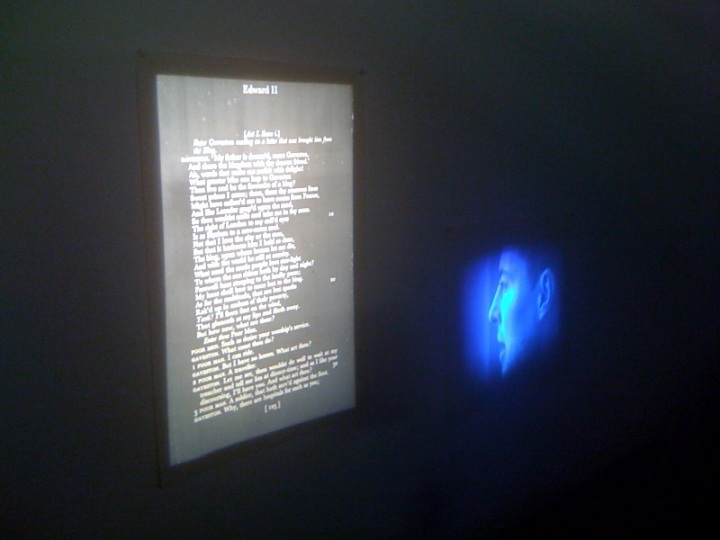
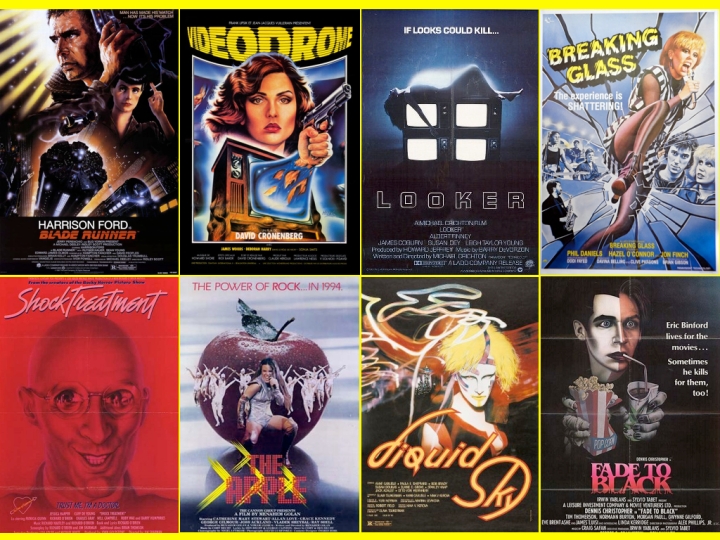
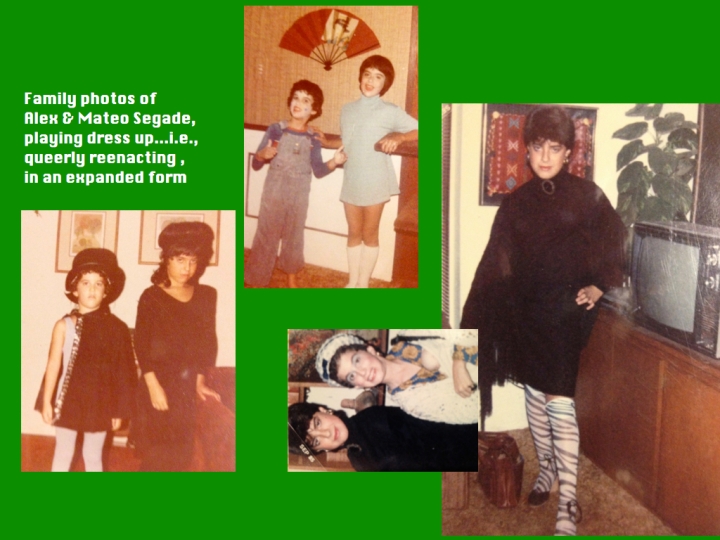
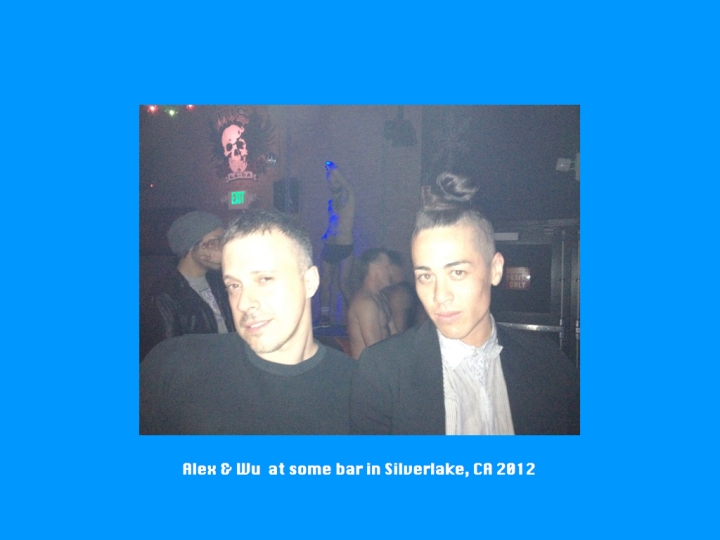

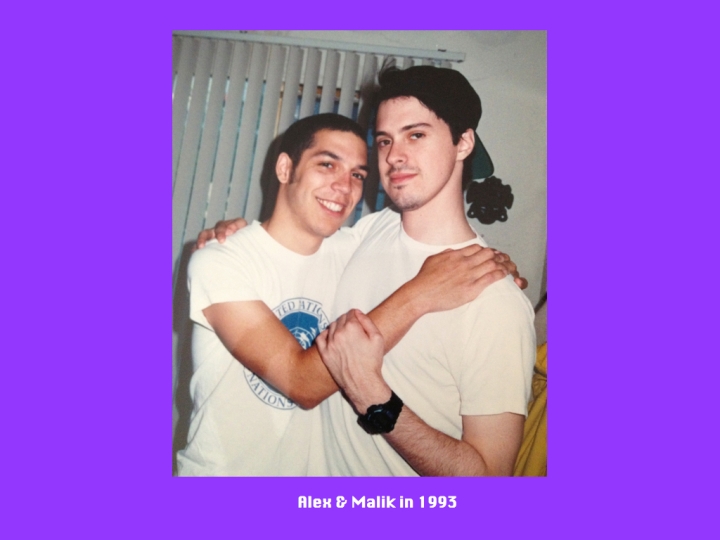
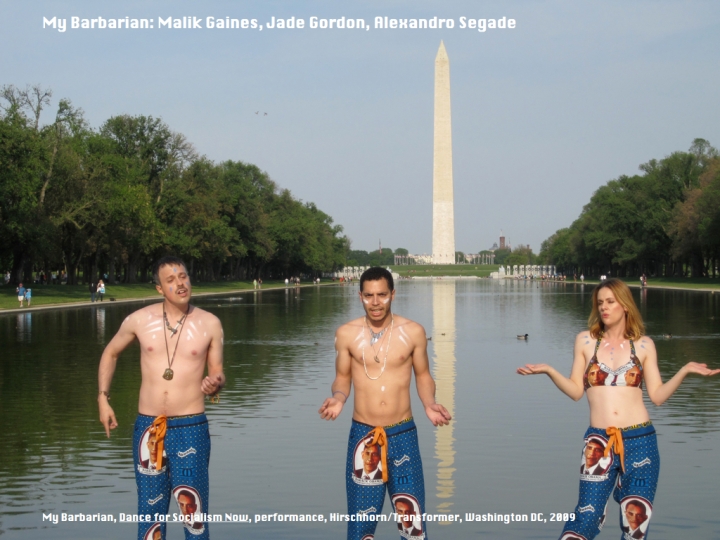
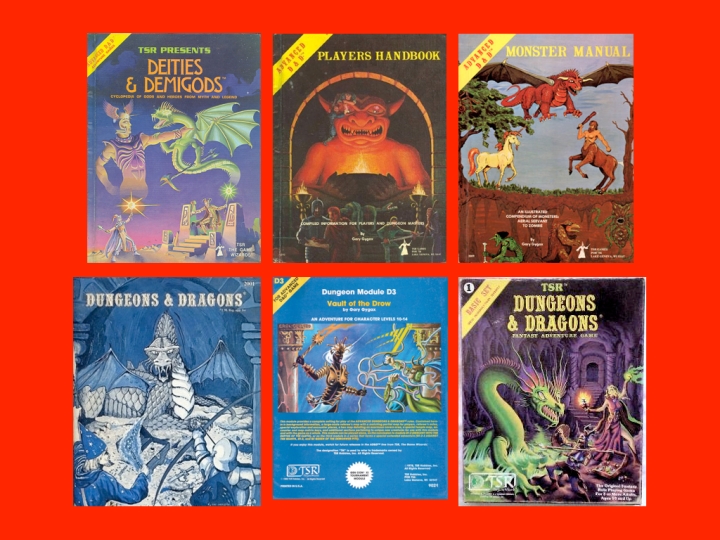
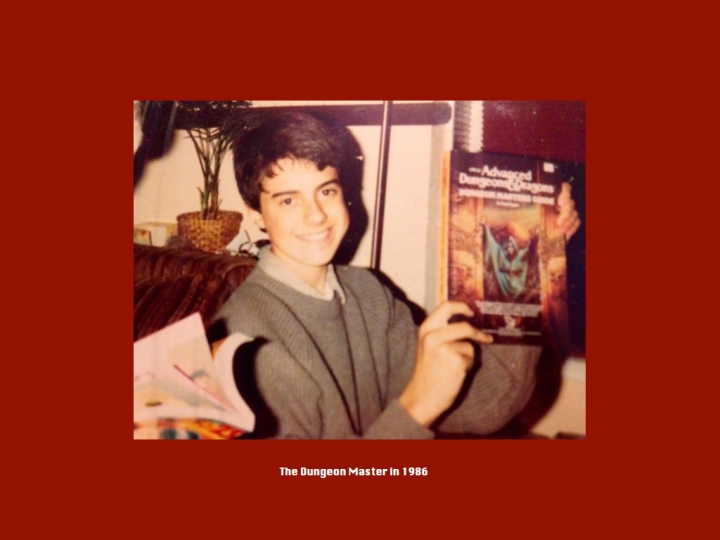
leave a comment